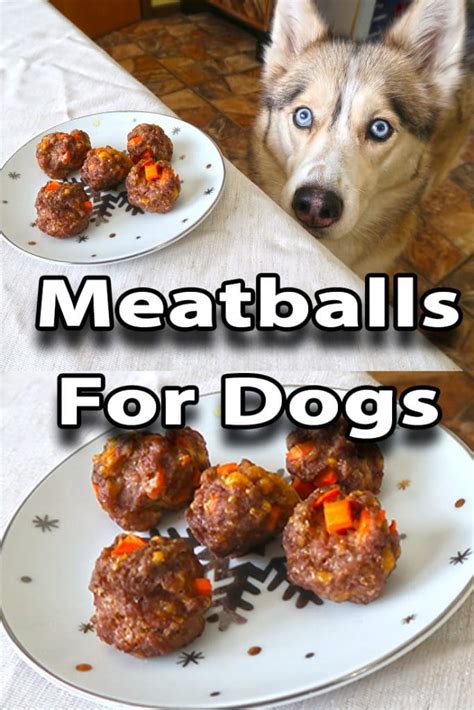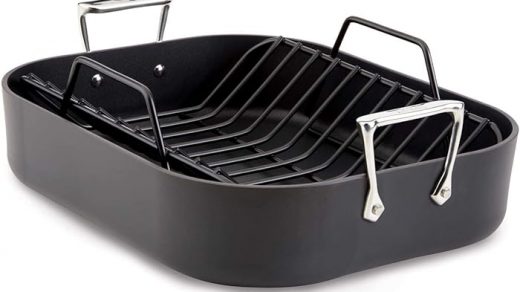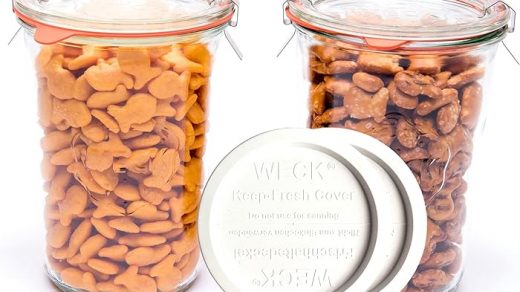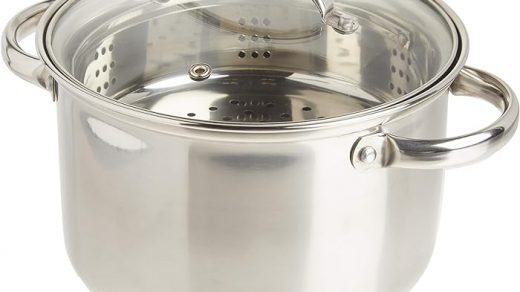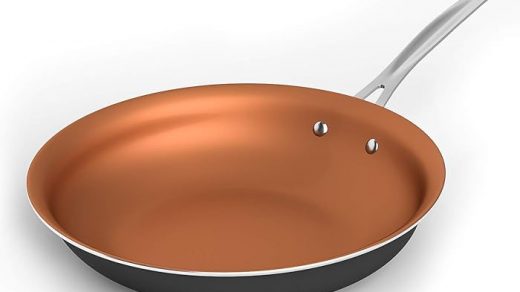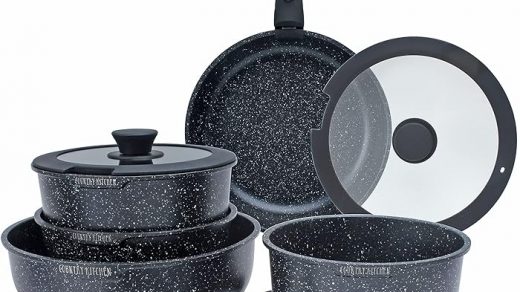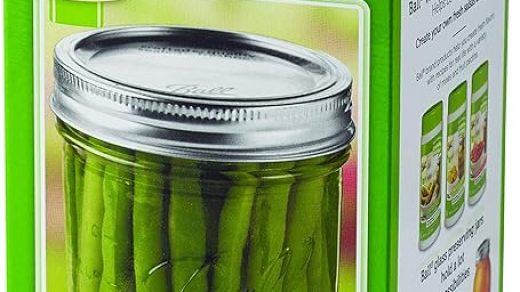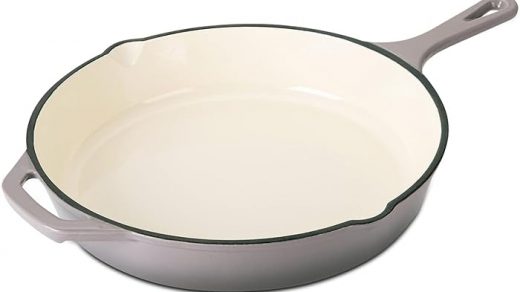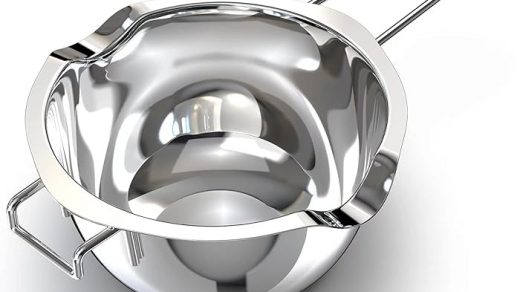Finding the right diet for dogs that need to gain weight can be challenging, especially for those with food sensitivities. A novel recipe that uses proteins like buffalo, lamb, bison, and venison can be beneficial. These proteins are less likely to cause allergies and are ideal for dogs needing a grain-free diet. However, it’s important to transition to high-fat foods gradually to avoid conditions like pancreatitis, which can be triggered by sudden dietary changes.
When considering treats for your puppy, remember that they should not exceed 10% of their daily caloric intake. This helps prevent excessive weight gain and maintains nutritional balance. If you notice unexplained weight gain or bloating in your dog, it might be due to their current food’s high calorie content. To increase your dog’s caloric intake without changing their diet drastically, consider adding an extra meal to their day. For commercial dog foods, always ensure that meat is a primary ingredient. High Protein Dog Food (ad)
Exercise, contrary to what some might think, is vital for dogs trying to gain weight. It helps in building muscle, which can contribute to a healthier weight gain. Many grain-free dog foods, often containing peas and lentils, have been linked to weight gain in dogs. For dogs struggling to maintain a healthy weight, high protein and high-calorie diets can be effective. Additionally, MVP K9 Formula Mass is a supplement that can help your dog gain weight without needing to switch their food.
To prepare homemade meatballs for your dog, you can bake them in the oven at 200°C for 15-20 minutes after drizzling them with a small amount of olive oil. This method offers a nutrient-dense, meat-rich, and high-calorie option to help your dog reach an ideal weight. Always consult with a vet before making any changes to your dog’s diet or exercise routine to ensure it’s appropriate for their specific breed and health needs. Remember, moderation is key in feeding, as overfeeding can lead to issues like bloating, vomiting, and gas.
